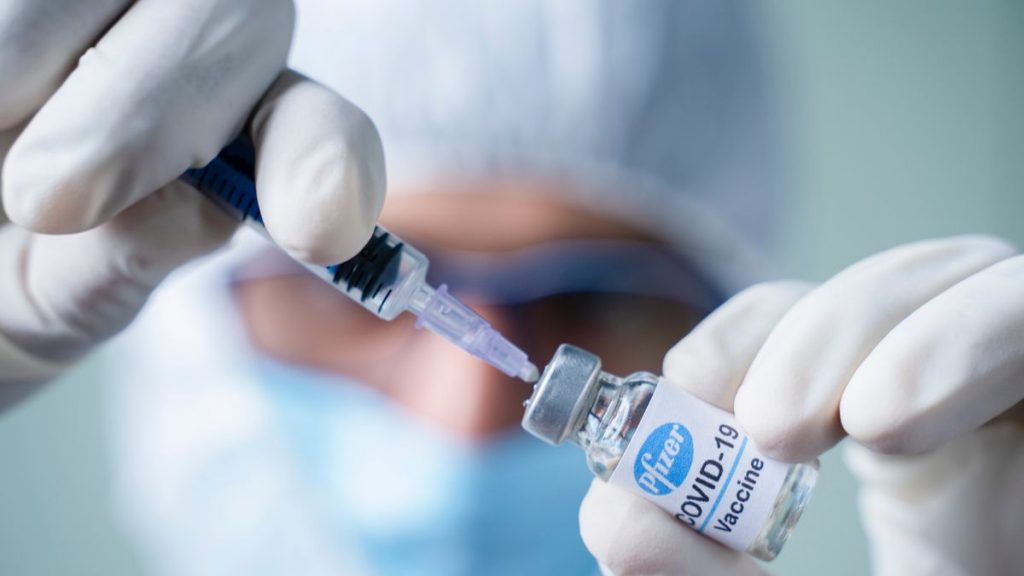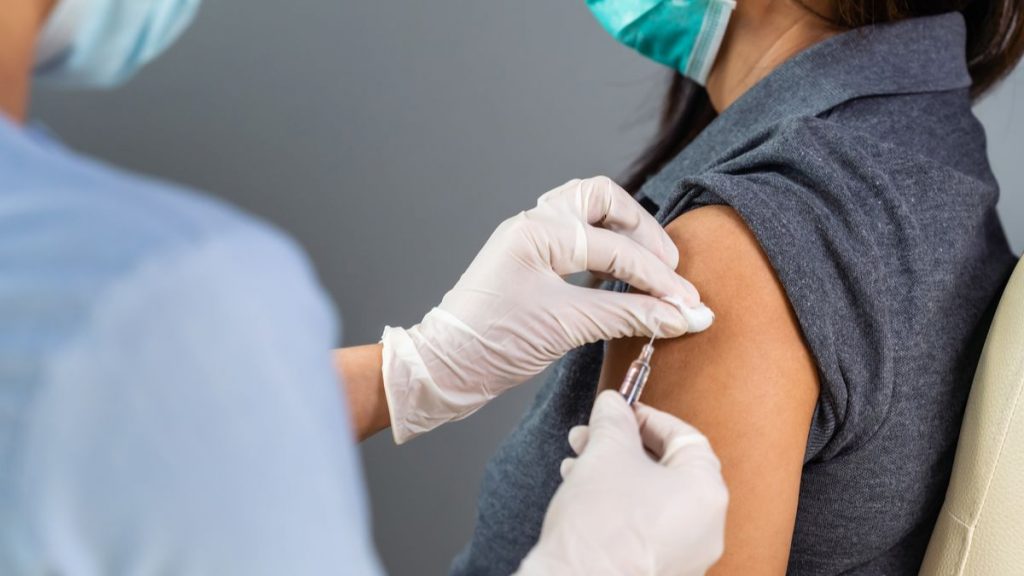The German company BioNTech recently claimed that the vaccine developed in partnership with Pfizer was effective against a key mutation found in the coronavirus variants discovered in Britain and South Africa.
Preliminary results inviting optimism
Administered worldwide, the compound developed by Pfizer-BioNtech is based on the body’s production of the peak coronavirus protein, which it learns to recognize and neutralize. The variant B117, which appeared at the end of the year in the south ofEngland and up to 70% more transmissible, as well as the South African variant directly affecting this protein, experts feared that current vaccines would prove ineffective against these new, more contagious strains.
This does not seem to be the case according to the results of a preliminary study carried out by Pfizer in collaboration withuniversity of texas, accessible from the prepublication server biorXiv.
” Tests carried out showed that the antibodies of people who received the Covid-19 Pfizer-BioNTech vaccine effectively neutralized SARS-CoV-2 with a key mutation also identified in two highly transmissible strains “, said BioNTech in a press release.
If the fact that the mutation N501Y does not generate resistance to the immune responses induced by the compound invites optimism, the authors of the study recalled that its results remained limited, given that the mutated variant tested ” did not include all of the peak mutations identified in the strains spreading rapidly in the UK and South Africa “.

Close monitoring of new changes required
While BioNTech announced last month that it had the technology to produce a new vaccine against mutated strains of SARS-CoV-2 in just six weeks, experts have been optimistic about the effectiveness of MRNA against new strains.
” We will see the emergence of new mutations, which will have to be followed closely by repeating this type of study as they appear. », Estimated Eleanor riley, professor of immunology atUniversity of Edinburgh. ” Knowing that there is a limit on the number of mutations the virus can accumulate while retaining its ability to bind to receptors in human cells. “
At the end of last week, theEuropean Union announced that it has reached an agreement with Pfizer-BioNTech in order to double its vaccine supply and reach 600 million doses.


